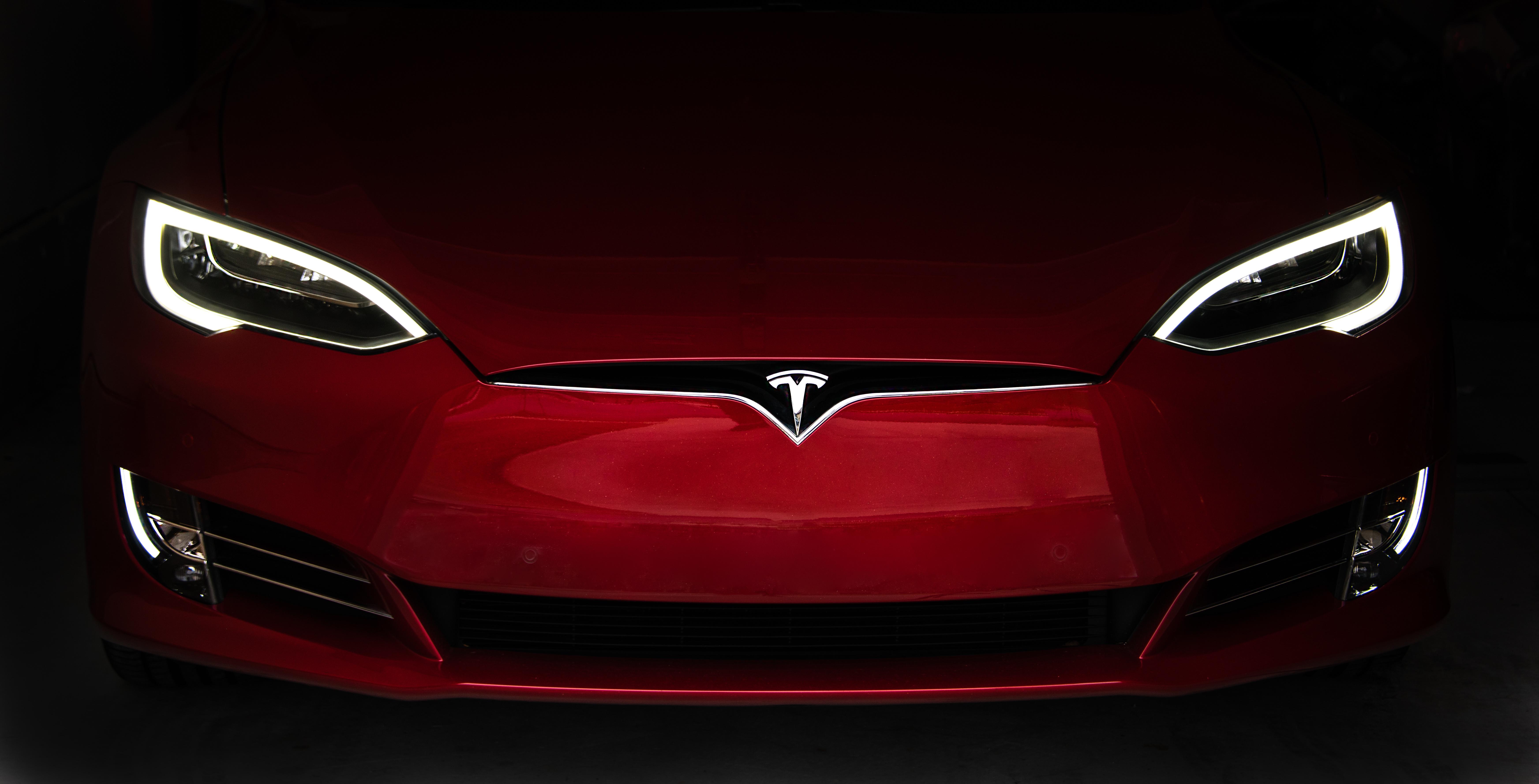Tesla’s Marketing Plan Aims to Lead China’s EV Market
Tesla plans to double the number of repair and maintenance shops in China. It also plans to add about 100 charging stations in China.
Nov. 6 2019, Published 4:57 p.m. ET

Ahead of production starting at its Shanghai Gigafactory, Tesla (TSLA) is refining its China strategy. It is markedly different from the one followed by the company elsewhere in the world.
Today, Reuters reported that Tesla plans to double the number of repair and maintenance shops in the country. The company also plans to add about 100 charging stations in China.
More stores in China as opposed to closing retail stores
The company’s current plan is at odds with what Elon Musk stated in February. In contrast to closing retail stores, Tesla now plans to open new retail stores in China.
As reported by CNBC, Musk said, “We will be closing some stores, some reduction in headcount as a result — there’s no question about that. I wish there was some other way. Unfortunately, it will entail a reduction in force on the retail side. There’s no way around it.”
Musk’s marketing plans
Tesla and Musk have made other departures in dealing with the Chinese market. Elon Musk is known not to rely on marketing or advertising. He has maintained that instead, the company might use that money to develop products.
During Tesla’s Q3 earnings call, an analyst inquired whether Tesla would continue to rely on word of mouth in contrast to advertising.
Musk replied, “Yeah, what we’re seeing is that word of mouth is more than enough to drive our demand in excess of production. We have no plans to advertise at this time.”
Musk added that the company might resort to some advertising. However, this advertising would be different from traditional advertising in that it would “just inform people and make sure they are aware of the product, but not engage in the typical trickery that is commonplace in advertising.”
Tesla’s showroom parties and racing events in China
Tesla held showroom parties partnering with Tencent (TCEHY) Music with DJs. It also held racing events in China to increase awareness of its products. As reported by Abacus News, both marketing strategies are China-only developments.
Although Tesla hasn’t resorted to traditional advertising such as billboards or TV advertising, it is working on strategies to boost the brand’s appeal.
Abacus News quoted an unnamed source as saying, “We have to learn how to manage a larger sales and after-sales system as production is growing to a completely different level.” The source added, “That’s why we are doing these events now.”
Citing data from LMC Automotive, Reuters reported that Tesla’s initial capacity for Model 3s would be almost four times the number of vehicles it imports per month to sell in the Chinese market. Reuters added that the company’s showrooms in China would become centralized Tesla Centers, combining maintenance and delivery services.
Competition in China’s EV market
In our view, Tesla needs to compete more fiercely in the overcrowded Chinese EV market. In May, the South China Morning Post reported that the Chinese EV market is ripe for a shakeout. The May 11 report noted about 20–30 EV makers would survive. In March, China was home to 486 EV manufacturers.
Generous government subsidies fueled the rapid rise of these EV makers. As China started rolling back these subsidies in June, EV makers in China felt the pressure. China’s NEV (new energy vehicles) reported declines for the first time in July. For the next two months, the pain for these manufacturers increased.
NIO and other Chinese EV makers reeling
NIO (NIO), known as China’s Tesla, is experiencing difficulties amid China’s policy shifts, increasing competition, and the company’s internal issues. Its stock got a boost from strong October deliveries and a deal with Mobileye for autonomous driving. However, the company is still not out of the woods.
Tesla: Rising importance of China to the company
To compete in such a market, Tesla might be adopting a strategy that differs from its strategies elsewhere in the world. Moreover, the importance of China’s market for Tesla is growing.
The company reported in its 10-Q that during the third quarter, its US sales declined by 39% year-over-year. During the quarter, its China sales increased 64% year-over-year. You can read more about this topic in Tesla: Are the Bears Reaching to Make a Negative Case?
China made an exception for Tesla
Tesla is departing from its stated marketing strategy to adapt to the Chinese market. At the same time, China made exceptions for Tesla. Notably, China exempted Tesla from a 10% purchase tax. This exemption typically applies to cars made solely by domestic vehicle makers or vehicles made via joint ventures between Chinese and foreign automakers.
The Chinese government has been supportive of Tesla’s attempts to bring the Shanghai Gigafactory online as quickly as possible. We discussed this topic in more detail in China Did for Tesla What Trump Didn’t.
